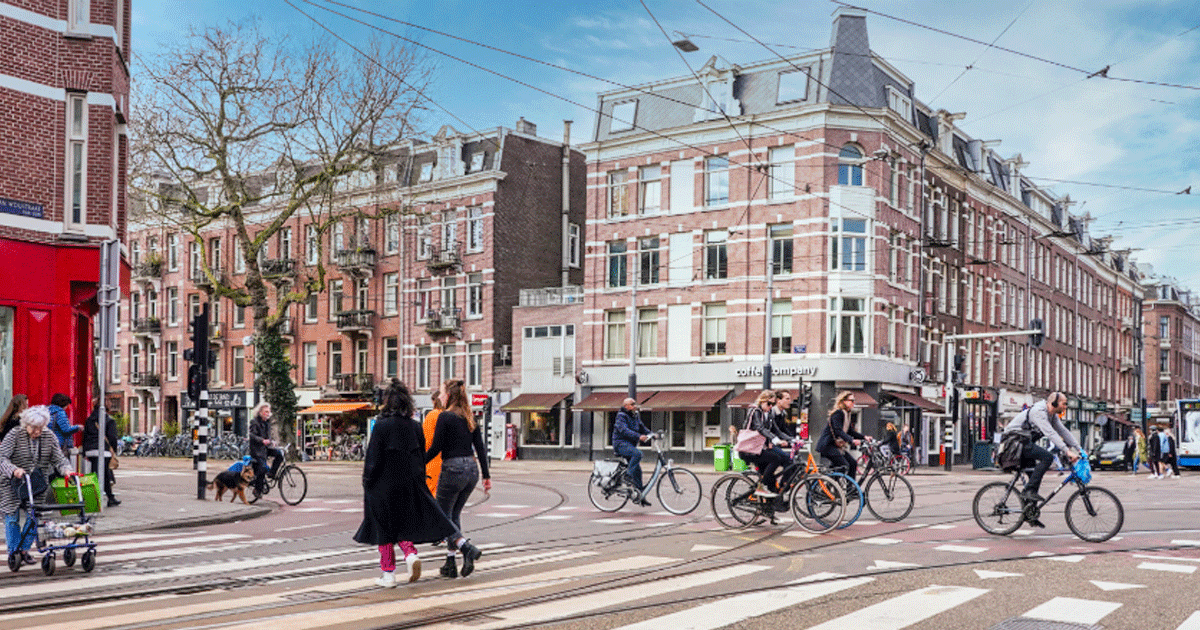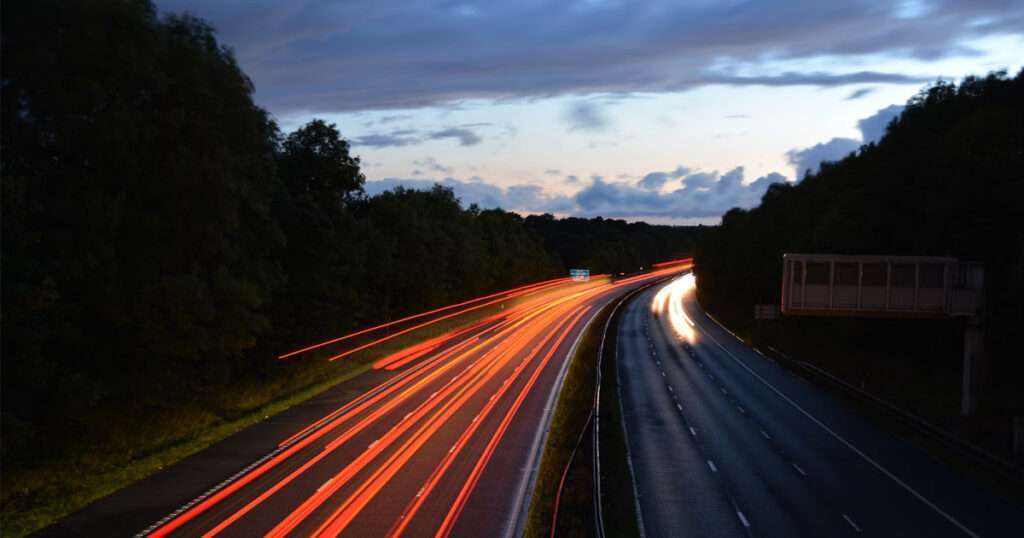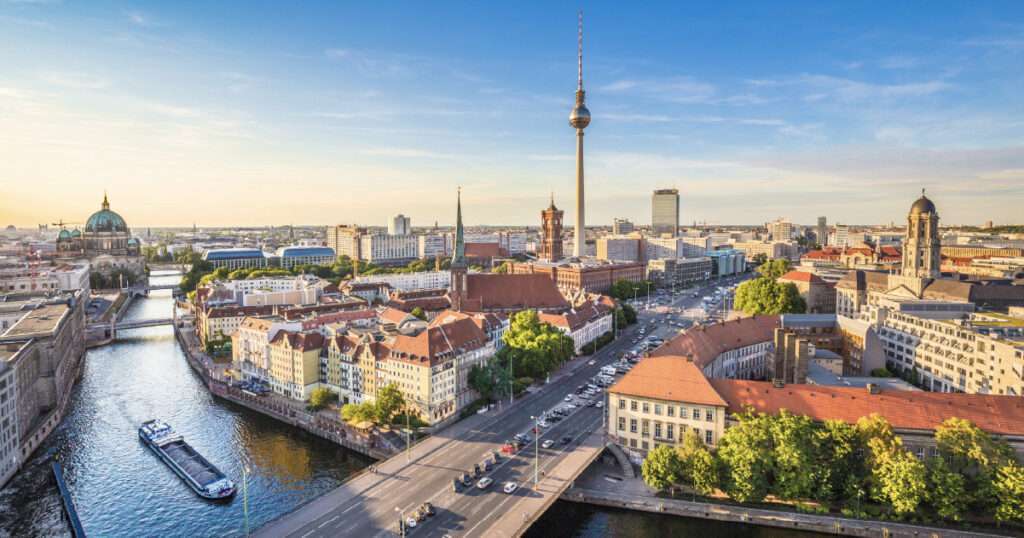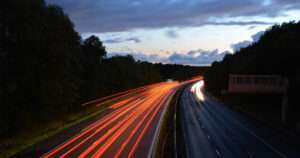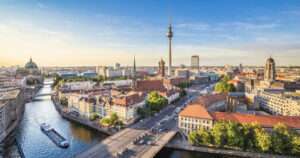Considered by some as a fad and by others as an environmental issue, the reduction of the modal share of the car in the city continues to be at the heart of the debate. More and more communities are tackling this issue, with cities as a model. And to achieve this, many solutions have been developed over the past few years… Urban tolls, low emission zones (LEZ), elimination of parking spaces, promotion of intermodality… Today, the Dutch capital has just set itself apart by implementing new restrictions. Here is a closer look at this measure, which aims to make Amsterdam the Eldorado for pedestrians and cyclists, following the example of Pontevedra…
A reinforced anti-car device…
Although Amsterdam is known as the city of bicycles, with more than 20 million euros per year invested in bicycle paths, the Dutch capital currently has nearly 20% of trips by car. A figure that, according to Bloomberg, would increase to 55% for tourists traveling.
This is an urban issue that Amsterdam’s elected officials have decided to tackle head-on. A hunt for cars has been reinforced by the implementation of a new series of measures. Among them, we find the closure of certain road sections with the objective of redirecting motorists to the A10 freeway. Among these roads, we find several arteries of the metropolis, except the historic center. Vondelpark, bridges over the river Amstel, the west of Amsterdam…
A coercive policy far from new
nternationally recognized as a model of sustainable cities, Amsterdam continues to distinguish itself through its actions. Indeed, in 2019, the Dutch capital announced its ambition to remove 10,000 parking spaces by 2025. The goal is to “give space back to pedestrians, children playing in the street and cyclists”.
“The city is growing. Space is not. With more people, we need to have different ways of living together.”
MÉLANIE VAN DER HORST, ADJOINTE AU MAIRE
This has been accompanied by a range of actions in recent years to encourage locals and visitors to leave their cars in the garage. Increasing the price of parking in the capital with an hourly rate of 7.50 euros, recently reducing the speed of traffic to 30 km/h in the city center, adding additional bicycle parking. A multitude of actions that will surely bear fruit in the long run, to the point of inspiring neighboring cities…
